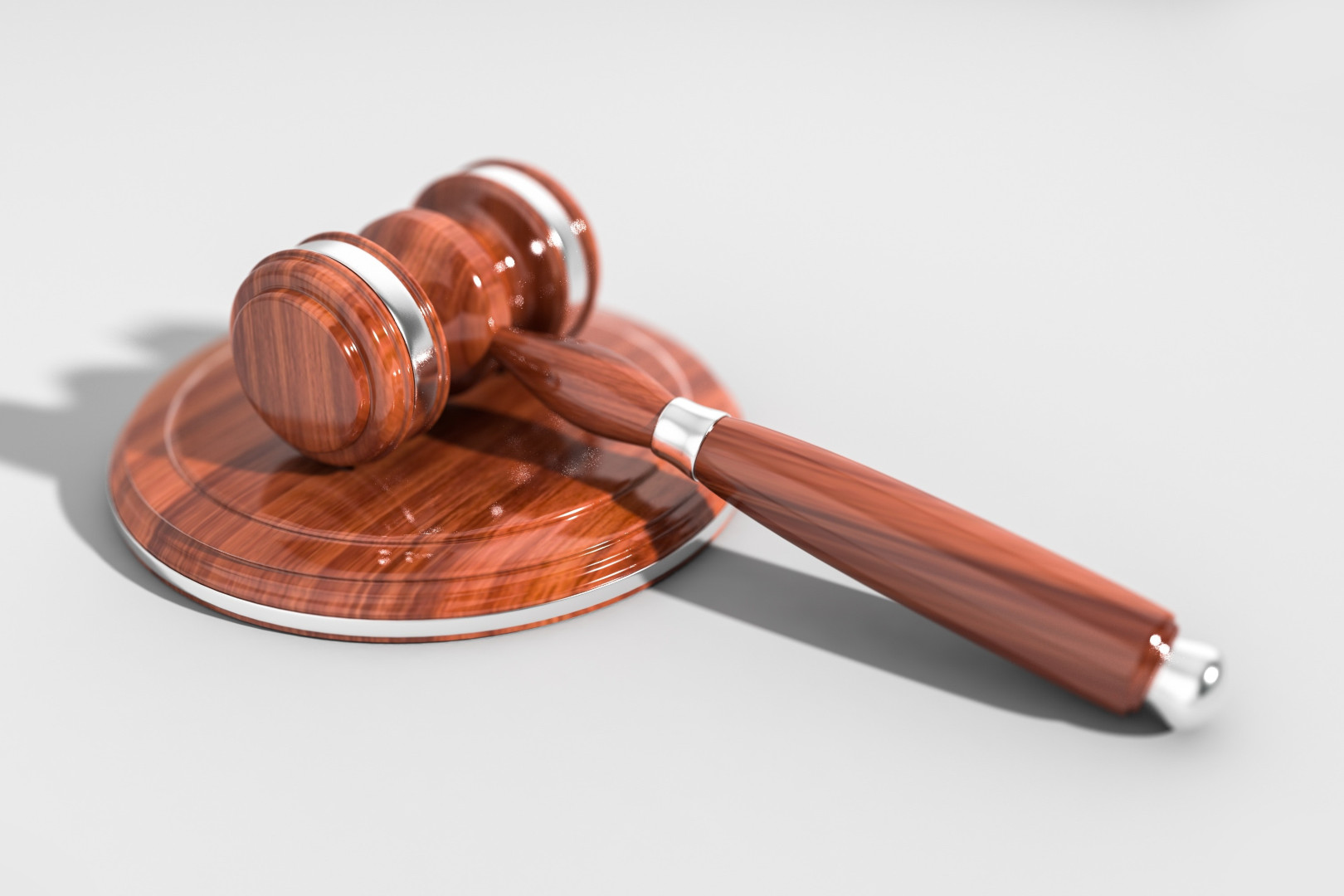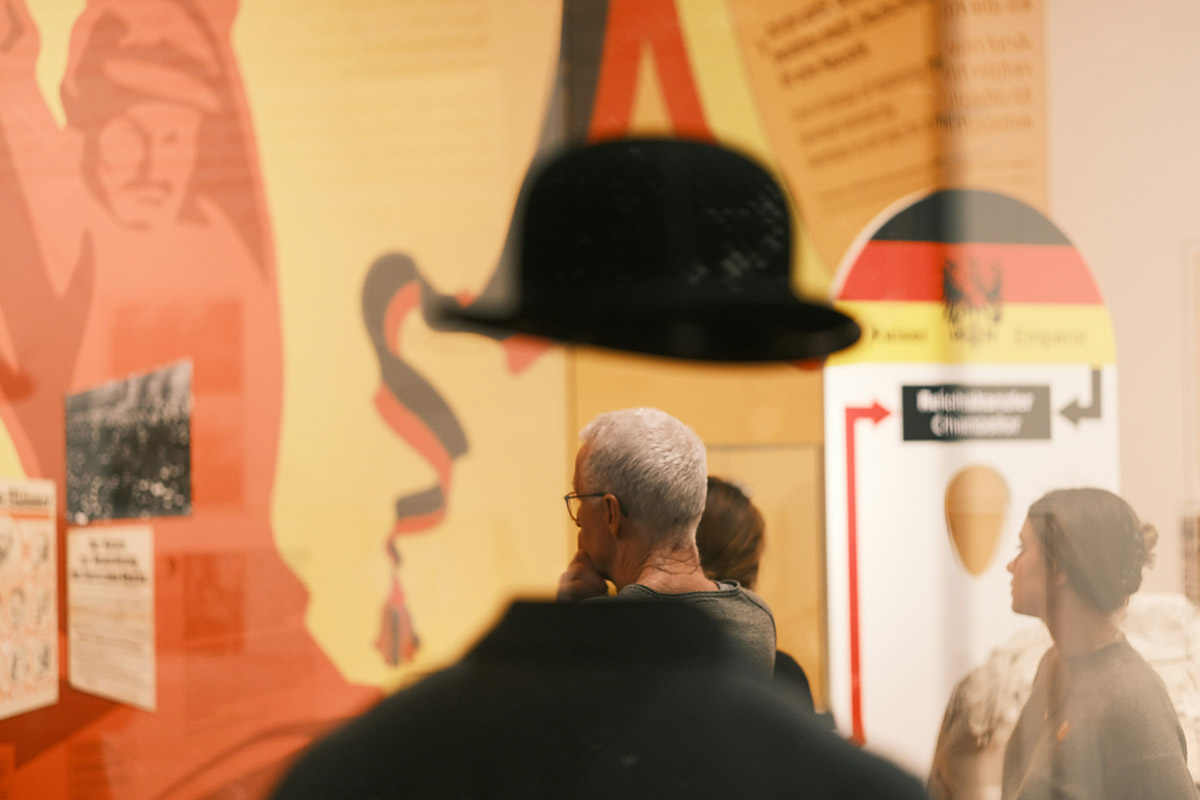GREGOR KLEINKNECHT: The envy of the world?

We are often told that the British criminal justice system is the envy of the world. Oliver Mears might disagree. The Oxford student was accused of rape before the case against him was effectively dropped at the last moment when it transpired that crucial evidence that supported his version of events had not been disclosed to the defence. The issue was not a new one but it has since hit home with the public that there is a widespread and systematic problem. Looking at the upside, the public outcry prompted by this episode has now forced the Crown Prosecution Service to launch a wide-ranging review of criminal cases where evidence may have wrongly been withheld. The disclosure of evidence uncovered by police is an essential part of the criminal justice process and surely a basic principle of procedural fairness. Mr Mears’ life may have been thrown into turmoil for two years but, in the grand scheme of things, he was lucky.
Sam Hallam served seven years for murder, and Victor Nealon spent 17 years in jail for attempted rape before their convictions were quashed by the Court of Appeal. There is a not inconsiderable (and growing) list of criminal convictions which are ruled unsafe. To be fair, that may in itself be thought of as the sign of a functioning justice system. When these types of miscarriage of justice occur, we do not necessarily get an answer to the question of innocence or guilt but where the evidence against a defendant no longer supports a conviction beyond reasonable doubt, that defendant must be freed. Mr Nealon’s conviction was overturned by the Court of Appeal after fresh DNA evidence indicated someone else had been the attacker.
Criminal justice legislation provides for compensation to be paid in certain cases of wrongful conviction. Neither Mr Hallam nor Mr Nealon have so far received compensation. Until now, astonishingly, defendants have to prove that they are actually innocent in order to qualify for compensation. This amounts to a reversion of the burden of proof which, at least to my mind, runs contrary to basic justice principles and the presumption of innocence. Their case, supported by campaign group Justice, is now before the Supreme Court and I very much hope that English law will not permit the state to ruin somebody’s life by wrongly imprisoning them for years and then simply to dump them out on the street without any support or means of rebuilding what is left of their lives (other than £46 and a travel card, what is what they currently receive on release from prison).
On the other side of the coin, criminal defence solicitors and barristers will also increasingly disagree, in particular, since the legal aid reforms introduced in 2013 – the latest in a long line of cuts in the Ministry of Justice budget. In some areas there are now so few duty solicitors that the President of the Law Society has warned that the justice system is “facing a cliff edge scenario”. The Criminal Bar Association describes a system “underfunded and in chaos” and has advised members to take part in strikes against the cuts. For the large majority of criminal defence solicitors and barristers, crime does not pay and many are leaving for other areas of the law. The justice system will not get better if people who need legal advice will no longer be able to access a lawyer and defend their rights.
I could go on and write about court closures and the impact they have on access to justice for local communities but I think you get the message by now. As the cradle of the common law system, and a country with an independent judiciary and a legal profession that seeks to uphold the rule of law, there is much that Britain can be proud of and we must be grateful for. However, it is easy to put the achievements of a functioning justice system at risk. We would all be suffering from the results and we should all be defending it.
Gregor Kleinknecht LLM MCIArb
is a German Rechtsanwalt and English solicitor, and a partner at Hunters Solicitors, a leading law firm in Central London.
Hunters Solicitors, 9 New Square, Lincoln’s Inn, London WC2A 3QN,
E-mail: gjk@hunters-solicitors.co.uk, hunters-solicitors.co.uk
TEXT: GREGOR KLEINKNECHT | PHOTOS © PEXELS
Disclaimer: The views and opinions expressed in this column are those of the author and do not necessarily reflect the official policy or position of Discover Germany Magazine.’
Subscribe to Our Newsletter
Receive our monthly newsletter by email



